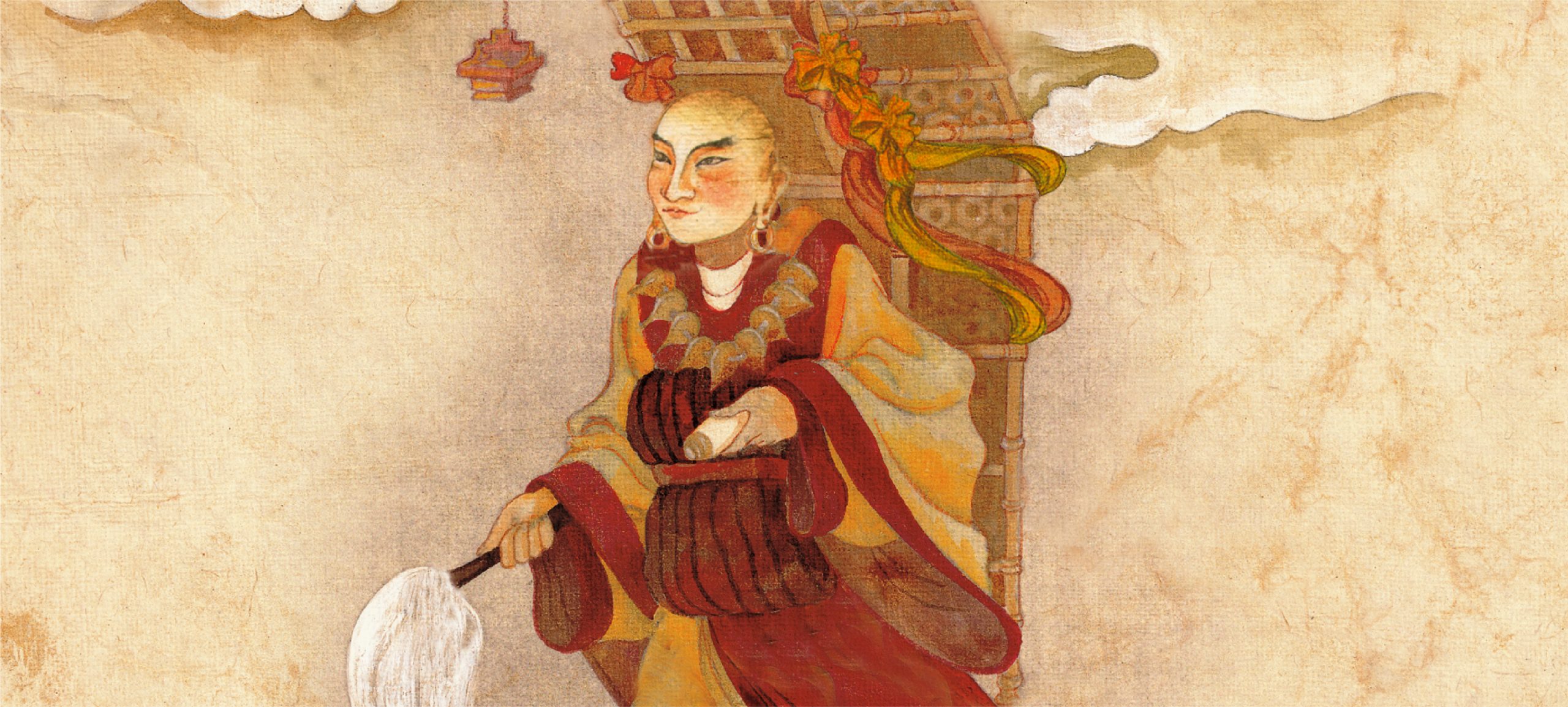In 627 AD, the Chinese monk Xuanzang set off on an epic journey along the Silk Road to India to study Buddhist philosophy with the Indian masters. Records of his journey remain a valuable historical source. Fourteen hundred years later, Mishi Saran follows in Xuanzang’s footsteps to the fabled oasis cities of China and Central Asia, now vanished kingdoms in Pakistan and Afghanistan and India’s Buddhist centres. She chronicles her journey in the book Chasing the Monk’s Shadow.
This path breaking travelogue includes an extraordinary eyewitness account of Kabul under the Taliban regime, just one month before 9/11.
Here is an excerpt about this from the book:
Ashraf gave me a few survival tips. ‘At around 1 p.m. and 5 p.m., the ministry to fight vice and promote virtue patrols the city,’ he said. ‘That’s the time to be careful.’’
That was what kept Kabulis cowed, their eyes filled with fear, men and women. This old and gracious city stank of fear.
‘My barber trimmed my beard, but too much. I told him, you idiot, I’m too scared to go out now.’ Men as much as women felt the pressure of strictures imposed by the Taliban.
Tolibohn.
A semblance of calm drifted back into my head, but in thin layers. The Taliban brought peace, Ashraf said. Kabul was so divided among the fighters, divided by ethnic rule. We sipped our tea and chatted, but soon I wanted to take his leave and lie in my bed with the sheets over my head. It was a lot to digest.
‘Come,’ Ashraf said kindly. ‘Let me drop you back, I will show you around Kabul. We’ll say I’m a taxi driver. Actually, I did used to drive a taxi. You sit in the back so they don’t stop us, because men and women don’t sit together.’
As the afternoon faded into evening, we drove around Kabul. Ashraf pointed out from the front seat of his battered yellow car the old Indian embassy, the fortified Iranian one, the Turkish—all gone, all emptied out, locked up behind high walls. We drove by the Kabul Hotel where a bomb had, two weeks ago, smashed a wall in, so that a pile of rubble descended onto the pavement. Was it the opposition? A discontented Taliban faction? Nobody knew. The front line was once again just forty kilometers north of Kabul.
Ashraf harked back to 1994–5, when the two sides fought over Kabul, when shells rang across the city and the inhabitants crumpled in their homes.
‘Here is the office of the justice minister, he’s a hardliner,’ Ashraf lowered his voice. ‘Here’s the office of the finance minister, he’s also a hardliner.’
As we drew up at the Ariana Hotel gate, he pointed to the traffic circle ahead: ‘That’s where Najibullah was hanged from.’ My stomach lurched. There was so much I did not know, but I did know that in 1996 the world saw images of a mutilated President Najibullah hanging from a traffic post, that Najibullah’s widow had fled to New Delhi and still lived there. I tried not to look at the traffic circle, though it was empty and perfectly innocuous. It’s as though places where violence happened bore their traces. Nothing much, only that at dusk that spot was a darker shade of grey. The weekend trickled by. Ensconced in the Ariana, one afternoon, I simply decided not to be afraid. It was crippling me. I had come to Kabul pulling a truckload of inherited fear up the mountains with me. I had come in full mental armour, my mind clogged with walls of it. It was as though, expecting the worst, I had found a few butterflies, a rose garden and some bird droppings.
‘I need to telephone,’ I said to the man in the lobby, mimicking a phone, holding a fist to my ear with thumb and pinkie held out. In Urdu, we made arrangements to go to the public phone booth in the market. One of the Afghans from the hotel would escort me.
I phoned S. in Hong Kong. His voice quickened with worry.
‘I’m okay,’ I said. ‘I’m in Kabul. I’m staying at the Ariana Hotel.’ I got used to broken-down, beaten-up Kabul. I could banish the fear, but not the sadness. I felt wretched all the time, for this country, for the Afghan children who came up, fair, with pointed chins and clear eyes, to beg. They were tiny, their hair mussed and caked. The children, old men and women and sometimes a woman in a burkha lurched towards me, hands held out, whispering. I couldn’t see their eyes, dark behind the lilac net. But I could sense the desperation.
Unlike the Indians, who imbue their begging with a certain professionalism, even humour, these were not people used to supplication. An old woman hobbled up to me, palm held out. I handed her a bag of apples I had bought. She gestured, no.
‘What is she saying?’ I asked the driver.
‘She has no teeth, she says she can’t eat the apples.’
‘Oh.’ I took the apples back and gave her the peaches instead.
With its riveting mix of lively reportage, high adventure, historical inquiry and personal memoir, Chasing The Monk’s Shadow is a path-breaking travelogue. For more posts like this, follow Penguin India on Facebook!







